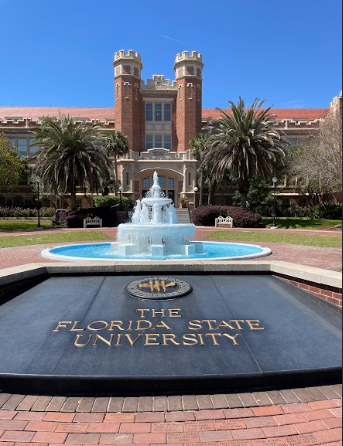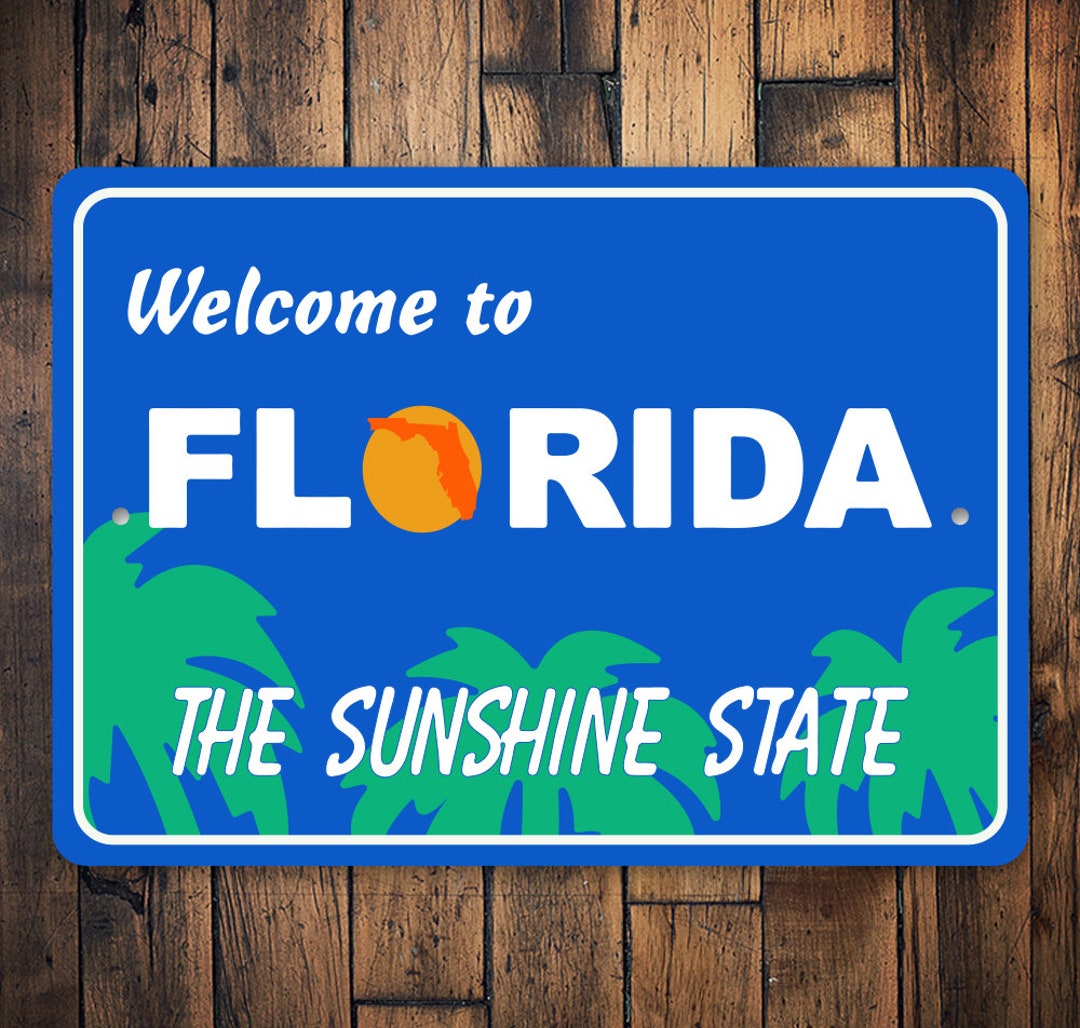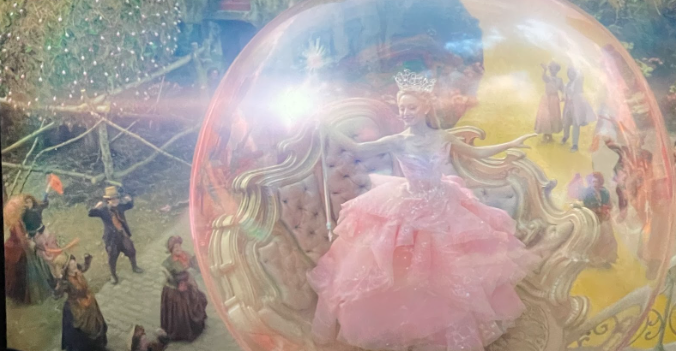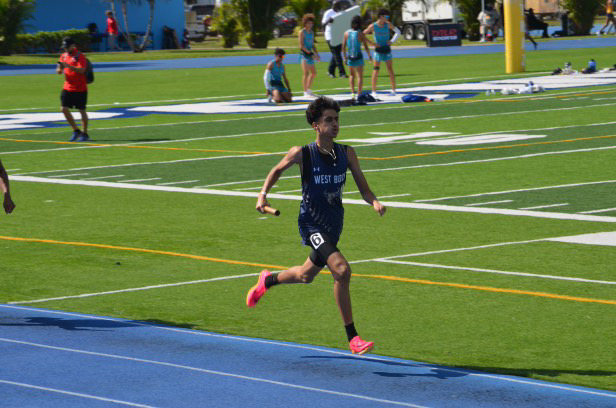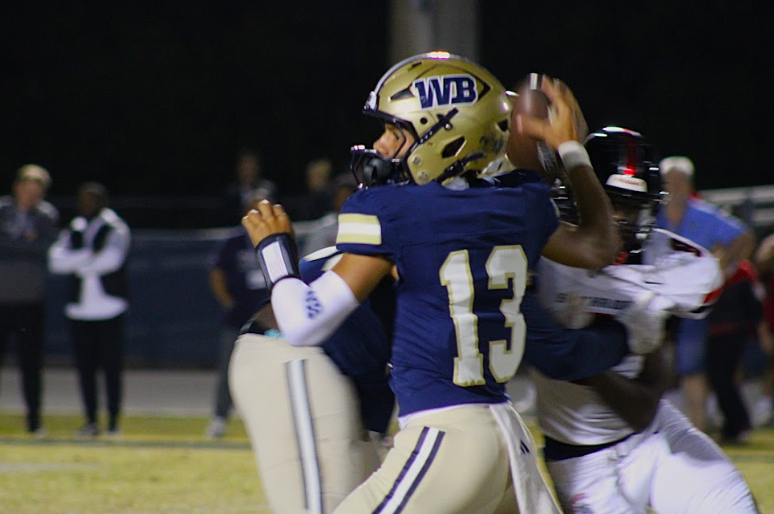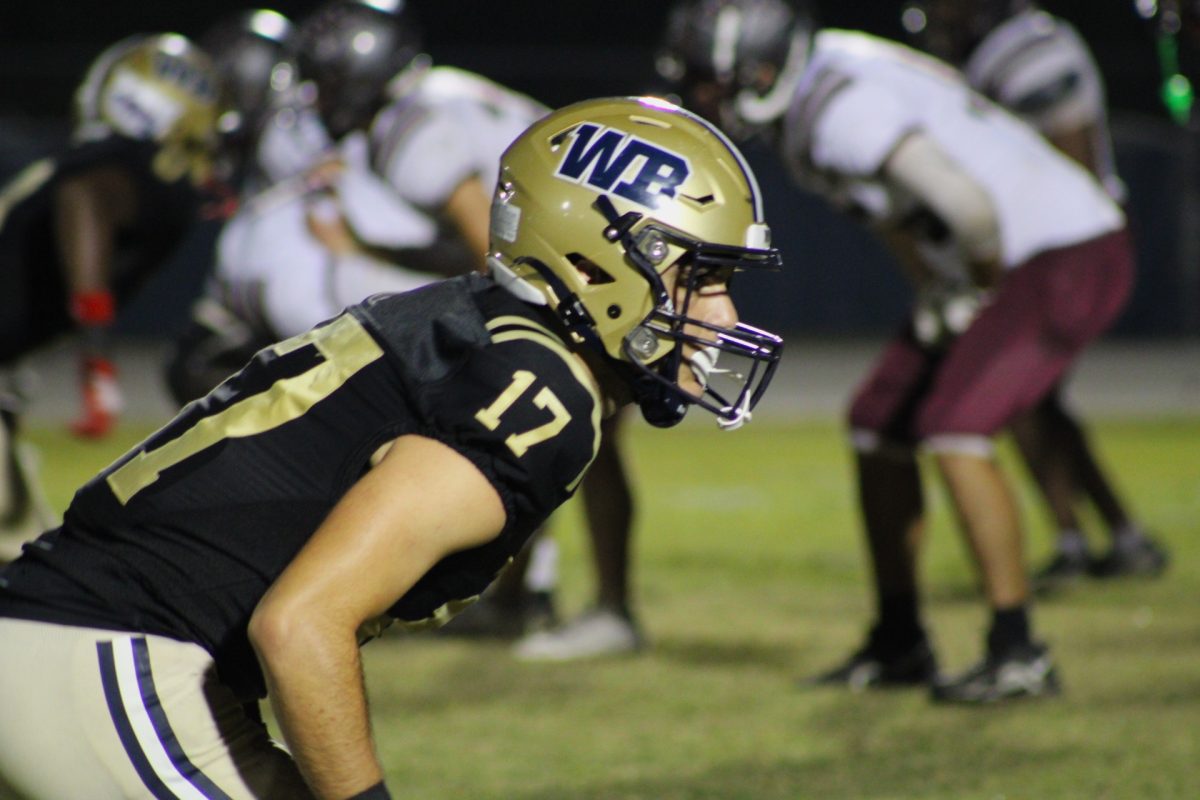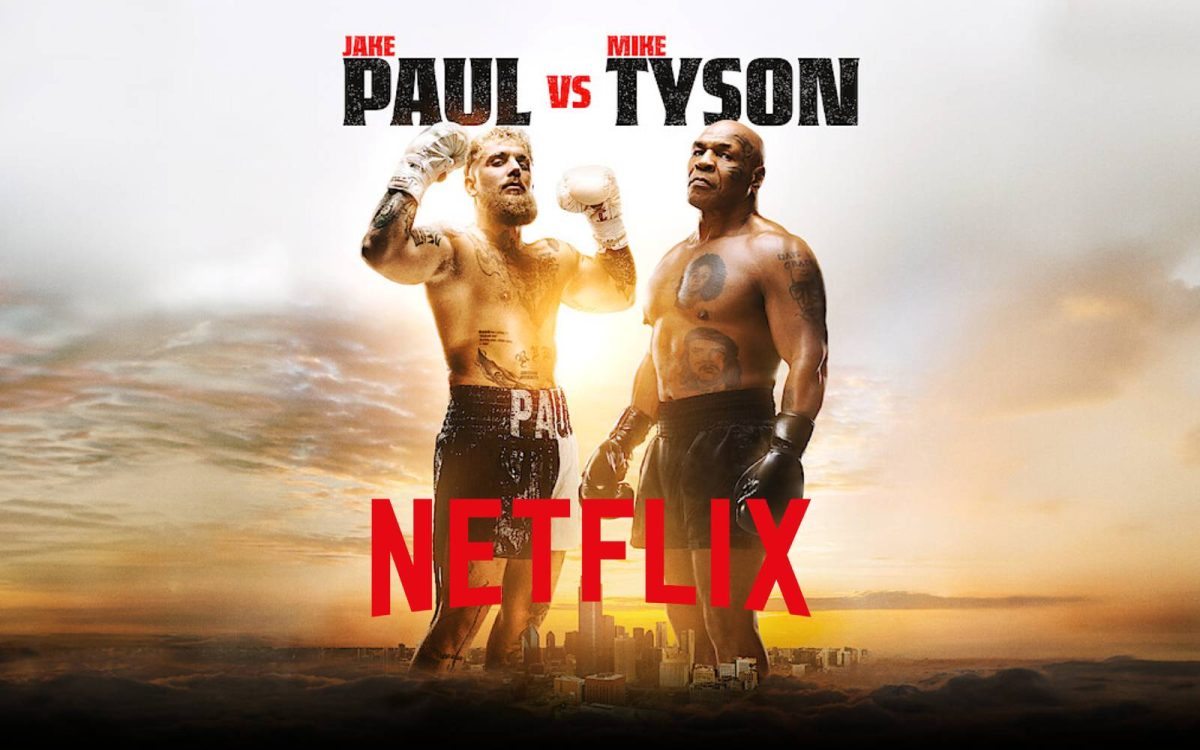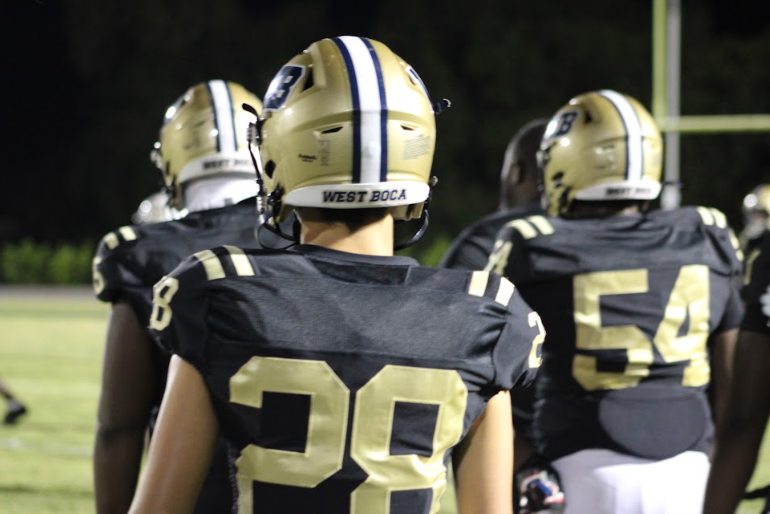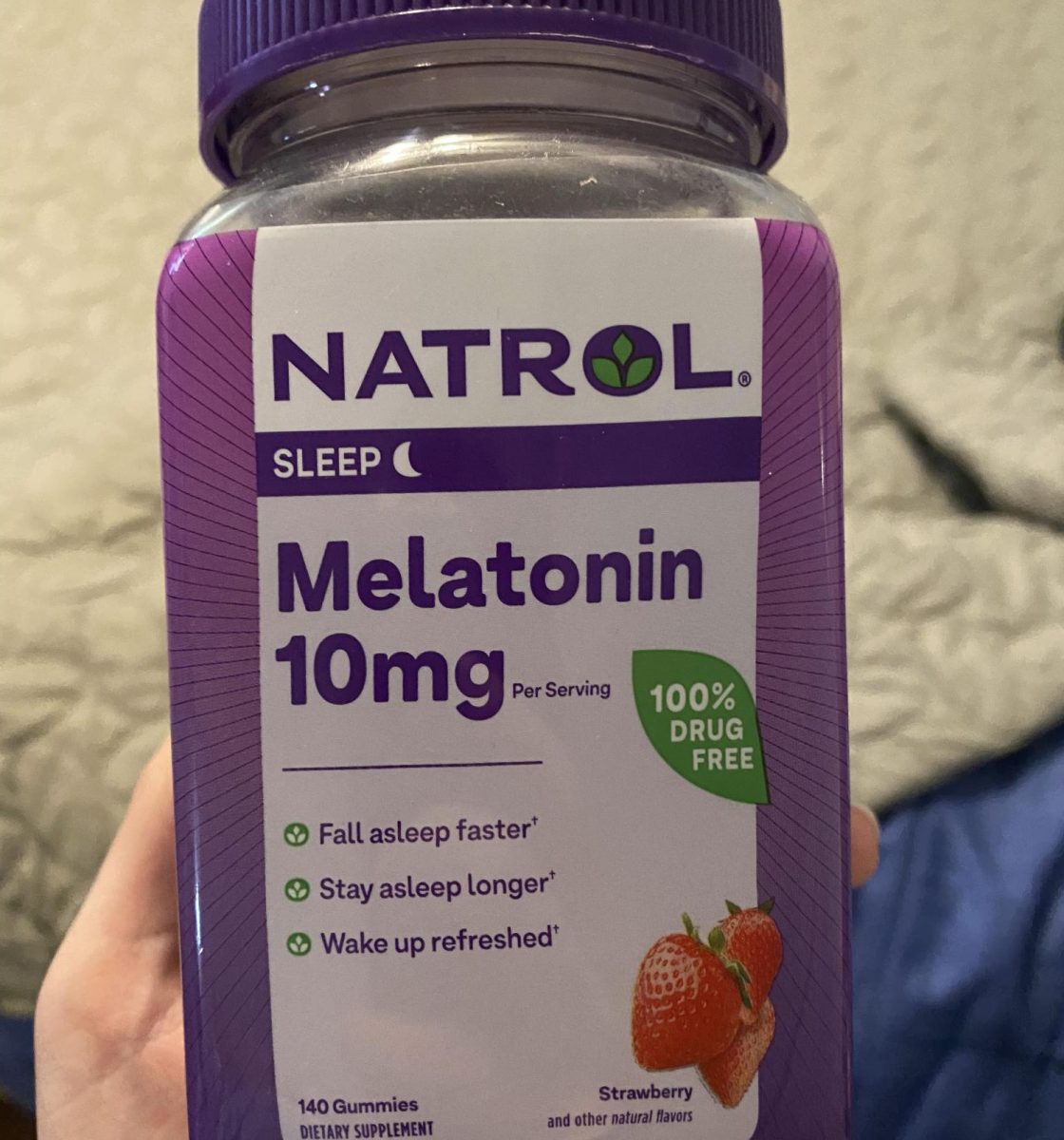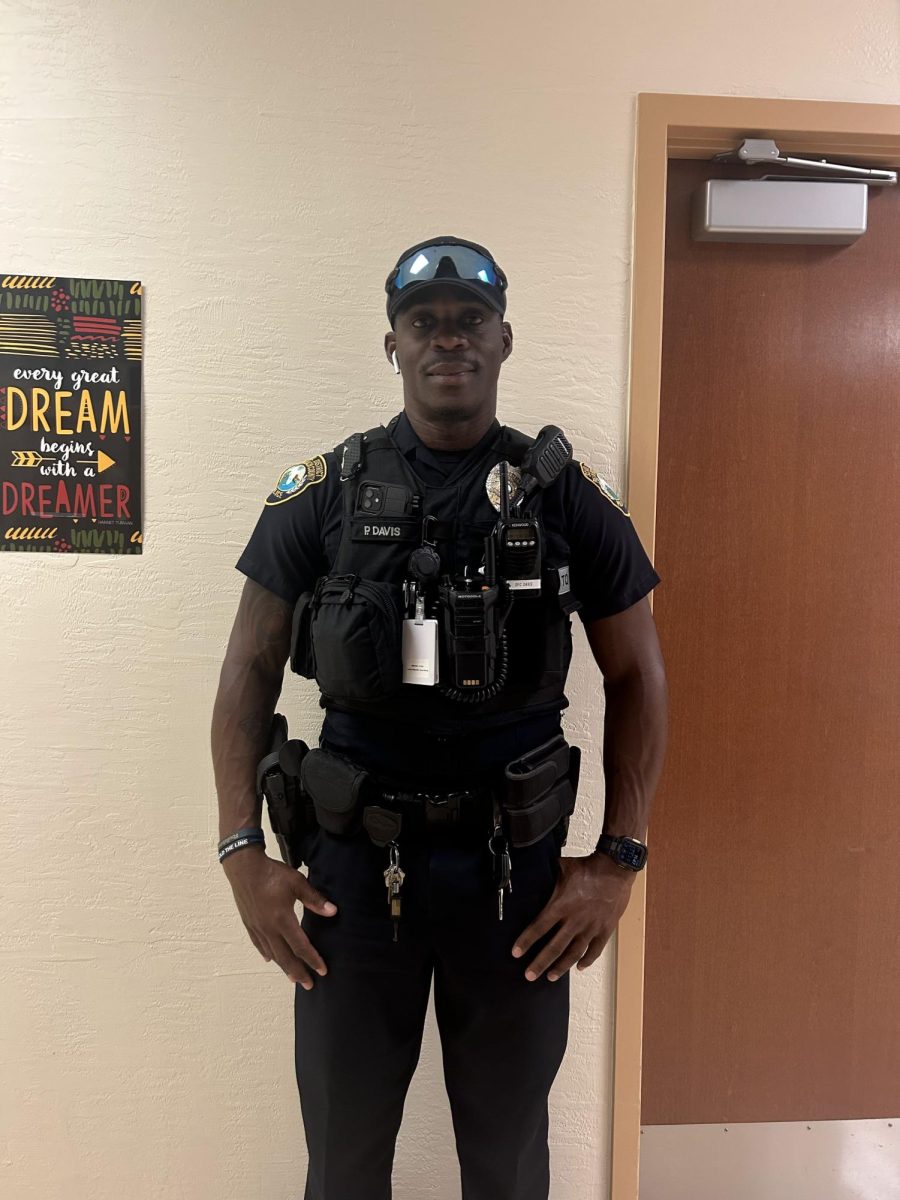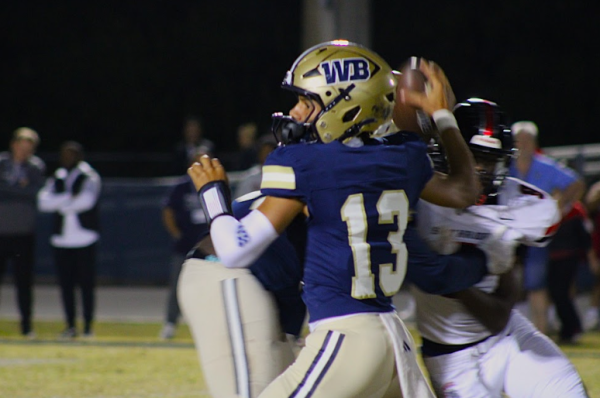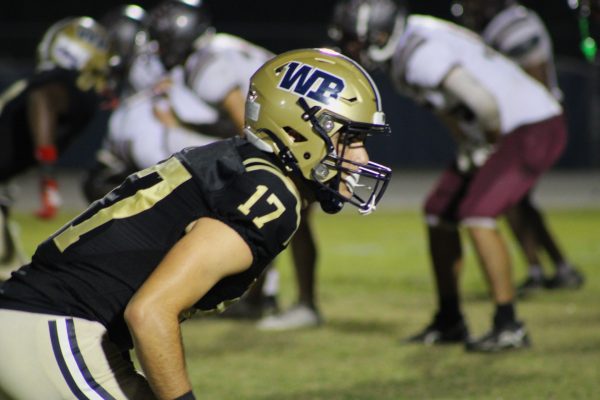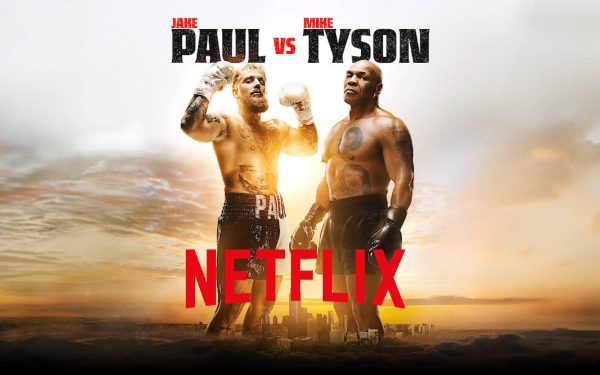A Brief History of Derogatory Sports Team Names
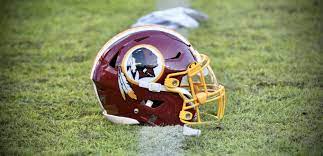
February 17, 2022
On Wednesday, February 2, the National Football League team based out of Washington, DC officially announced their new nickname: the Washington Commanders. The team was previously known as the Washington Football Team for the 2020 and 2021 NFL seasons and the Redskins for the prior 87 years of the franchise’s existence.
The term ‘redskin’ has been described as an insensitive term used to describe Native Americans and, after the 2019 NFL season, the team finally succumbed to pressures of the league and independent organizations such as the National Congress of American Indians to change.
A similar event occurred earlier this year, where the Major League Baseball franchise from Cleveland, Ohio changed their name from the Indians to the Guardians, which was chosen by owner Paul Dolan because of his affinity for the statues of Hope Memorial Bridge outside of the team’s home ballpark, Progressive Field. This change was initially given some criticism for being too similar to the Indians moniker, but has since been accepted and well-integrated into daily conversation surrounding the team.
While these teams have already made changes, the general debate around derogatory sports team names has been elevated in recent years. The University of North Carolina at Chapel Hill has identified their athletes as the Tar Heels since 1893, when the school’s newspaper first used the name.
The name originates from Civil War times, where the name was used to describe North Carolinians who worked in the naval industry, many of whom were African-American slaves. The name has since become a term of endearment and state pride (North Carolina is the Tar Heel State, after all). Yet, it was originally used as a slur for people with lower socioeconomic status.
Especially after the resurgence of the “Black Lives Matter” movement in the summer of 2020, calls for the name to be changed have increased. Many have suggested changing to the Rams to match their mascot, Rameses. Despite this, the university does not intend to change the name anytime soon, citing the history of the school and the modern definition of the term.
UNC is not the only Division 1 school with this debate. The University of Kansas has used the Jayhawk nickname since the late 1800s, and the term originated during the antebellum time period, when Kansas first became a state. The moniker “jayhawkers” was used to describe Kansans fighting over the legality of slavery when the territory was being entered into the union. While it is not necessarily derogatory, the messy history of nicknames like these gives cause for discussion and debate.
Yet, there are certain situations on the other side of the token. Florida State University, whose athletic programs have been the Seminoles for a large majority of their existence. Unlike the Washington and Cleveland scenarios, the university has received explicit permission from the Seminole Tribe, which still has a strong foundation in the state of Florida. Elizabeth Hirst, FSU’s chief of staff and liaison to the tribe stated in a 2020 Tampa Bay Times article that the name “does not perpetuate offensive racial stereotypes nor is it meant to diminish or trivialize any Native American or indigenous peoples.”
So … now what? Well, public opinion appears to be the biggest difference maker in making real change. If you feel strongly about these derogatory names, post about it on social media, tell your family and friends, and let the teams themselves know about your thoughts!


